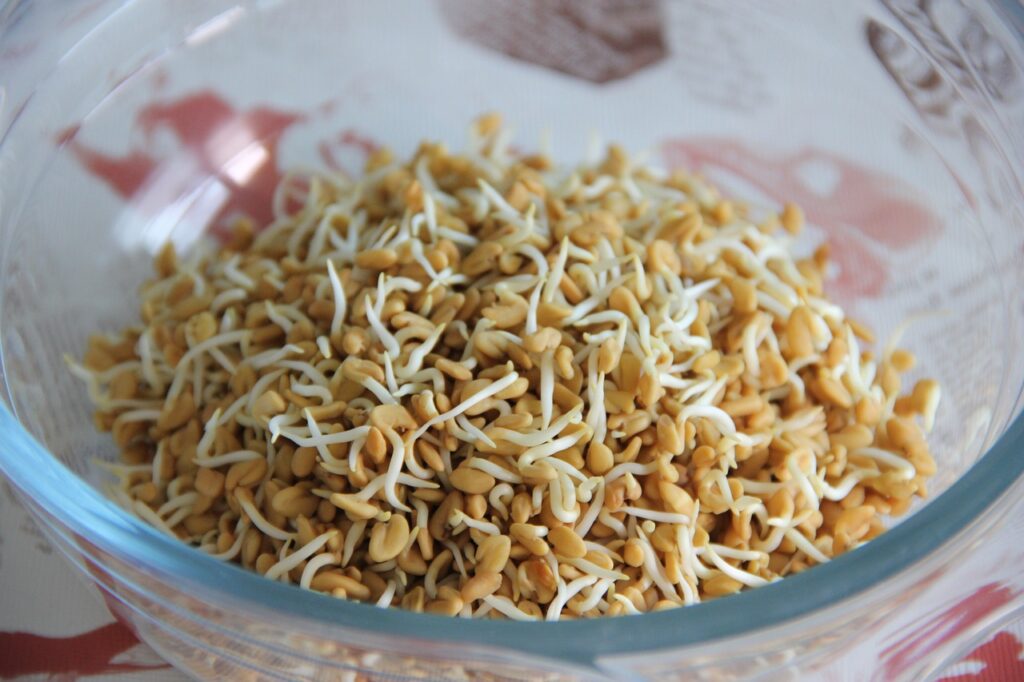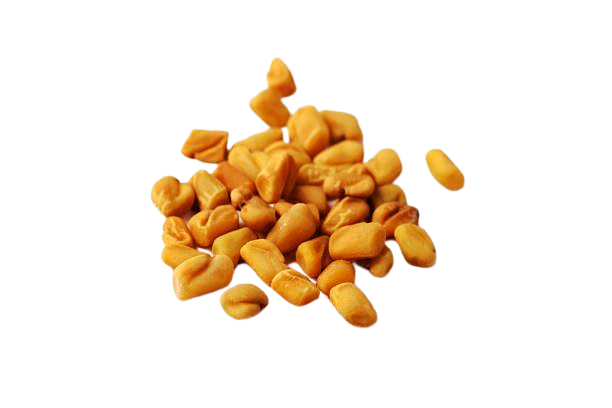Ashwagandha and Female Hormones Introduction: Maintaining hormonal balance is crucial for women’s overall health and well-being. Hormonal imbalances can lead to a wide range of issues, such as irregular menstrual cycles, mood swings, low libido, and even fertility problems. While there are various approaches to addressing hormonal imbalances, one natural remedy that has gained significant attention is ashwagandha. In this blog post, we will explore the potential benefits of ashwagandha in regulating female hormones and promoting overall hormonal balance.
Understanding Female Hormones: Before delving into the specifics of ashwagandha’s impact on female hormones, let’s first understand the key hormones involved in women’s reproductive health:
a. Estrogen: Estrogen is a group of hormones responsible for the development and regulation of female reproductive organs, bone health, and emotional well-being.
b. Progesterone: Progesterone plays a crucial role in preparing the uterus for pregnancy and maintaining a healthy pregnancy.
c. Follicle-Stimulating Hormone (FSH): FSH is responsible for stimulating the growth of ovarian follicles and regulating the menstrual cycle.
d. Luteinizing Hormone (LH): LH triggers ovulation and the release of the egg from the ovaries.
Ashwagandha: An Overview
Ashwagandha, scientifically known as Withania somnifera, is an adaptogenic herb commonly used in traditional Ayurvedic medicine. It has been used for centuries to improve overall health and well-being. The herb is native to India and is also known as Indian ginseng or winter cherry.
Ashwagandha contains several active compounds, including withanolides, alkaloids, and steroidal lactones, which are believed to contribute to its therapeutic properties. These bioactive compounds have been extensively studied for their potential effects on hormonal balance.
Ashwagandha and Female Hormonal Balance
a. Regulation of Stress Hormones: Chronic stress can disrupt hormonal balance in women, leading to irregular menstrual cycles and mood swings. Ashwagandha is known for its adaptogenic properties, meaning it helps the body adapt to stress. Studies suggest that ashwagandha may reduce cortisol levels (the primary stress hormone) and promote a calmer state, thereby indirectly supporting hormonal balance.
b. Support for Menstrual Health: Ashwagandha may play a role in regulating menstrual cycles. Research indicates that ashwagandha extract may support a regular menstrual cycle by modulating the levels of reproductive hormones such as FSH, LH, estrogen, and progesterone. This can be particularly beneficial for women experiencing irregular periods or conditions like polycystic ovary syndrome (PCOS).
c. Improved Fertility: Infertility can be a result of hormonal imbalances. Ashwagandha has shown promising effects on female fertility. Studies have demonstrated that ashwagandha extract may increase the production of the antioxidant enzyme superoxide dismutase (SOD), which helps protect eggs from oxidative stress. Additionally, it may enhance the quality of cervical mucus, supporting sperm motility and fertilization.
d. Balancing Mood and Libido: Hormonal imbalances can often lead to mood swings, anxiety, and a reduced libido. Ashwagandha’s adaptogenic properties may help regulate mood and reduce anxiety symptoms. Furthermore, research suggests that ashwagandha may boost sexual desire and improve sexual function in women.
How to Incorporate Ashwagandha into Your Routine
If you’re considering incorporating ashwagandha into your routine to support hormonal balance, here are a few tips to get started:
a. Consult a Healthcare Professional: Before starting any new supplement or herbal remedy, it’s essential to consult with a healthcare professional, especially if you have any underlying health conditions or are taking medications.
b. Choose Quality Supplements: Look for high-quality ashwagandha supplements from reputable brands. Ensure that the supplement is standardized to contain a specific percentage of withanolides, the active compounds responsible for ashwagandha’s effects.
c. Follow Recommended Dosages: Follow the recommended dosages provided on the supplement packaging or as advised by your healthcare professional. Dosages may vary depending on the specific product and your individual needs.
d. Consider Combination Formulas: Ashwagandha is often found in combination with other herbs or nutrients targeting female hormone balance. These formulas may provide additional benefits and synergistic effects.
Conclusion
Ashwagandha shows promise in supporting female hormonal balance by regulating stress hormones, promoting regular menstrual cycles, improving fertility, and enhancing mood and libido. While the research is still evolving, many women have reported positive experiences with ashwagandha supplementation. Remember, it’s essential to consult with a healthcare professional before starting any new supplements, especially if you have specific health concerns. Embrace a holistic approach to hormonal balance by incorporating healthy lifestyle practices, stress management techniques, and nourishing your body with proper nutrition.





